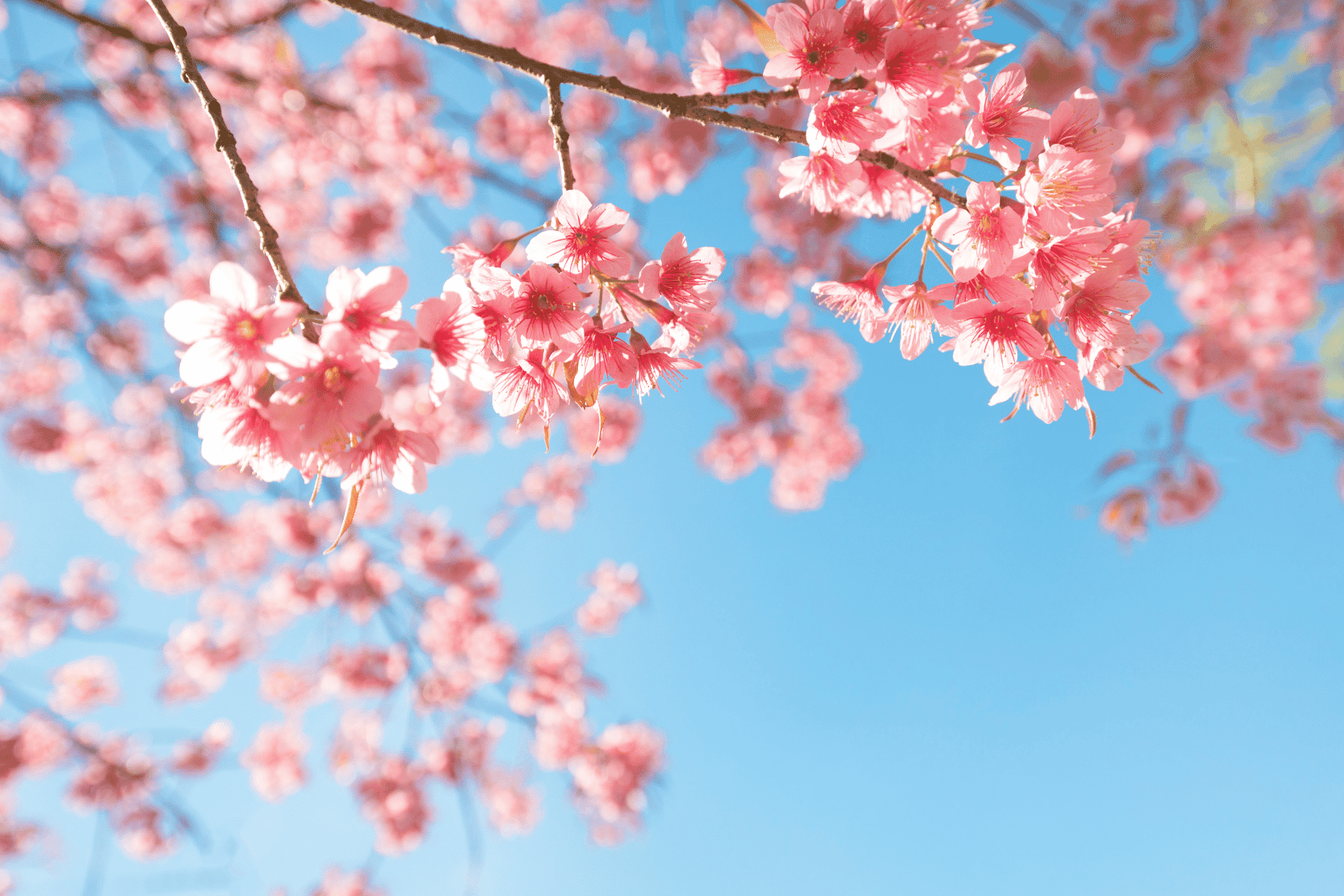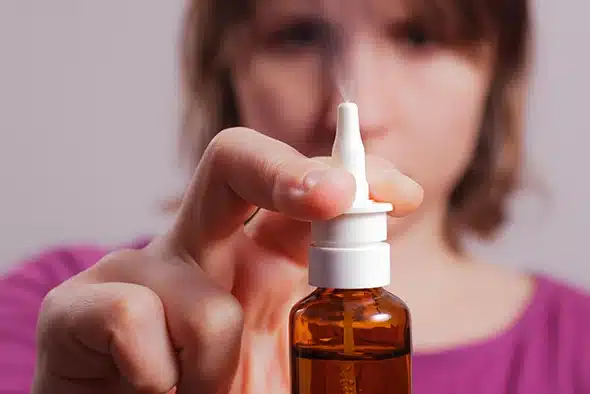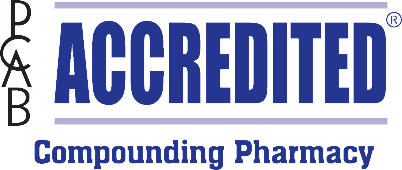Seasonal allergies are also known as seasonal allergic rhinitis.
These are allergy symptoms that exacerbate during certain time of the year i.e., in late winter, spring or early summer. They commonly occur due to pollen from trees and grass, which are most prevalent in the spring and early summer. Depending on your symptoms, some allergy medications may be more helpful for you than others. Seasonal allergies can be uncomfortable, and disrupt your daily life.
Clinical Presentation of allergies (symptoms):
Watery eyes
Itchy nose, eyes, or throat
Repetitive sneezing
Nasal congestion
Watery rhinorrhea
Red, irritated eyes
Treatment Options:
Nonmedicinal options for allergies:
Avoidance of specific allergens
Wash bedding at least weekly in hot water
Ventilation systems with high-efficiency particulate air (HEPA) filters
Nasal saline
Nasal irrigation using a syringe or Neti pot
Antihistamines:
Antihistamine are drugs that help reduce histamine, which is the chemical that causes allergy symptoms such as runny nose, sneezing, and congestion. They are inexpensive and mostly available over the counter.
Adverse effects can include: dry eyes, blurred vision, urinary retention, and/or drowsiness.
Contraindications:
Hypersensitivity to any of the active ingredients
BPH
Concomitant use of certain antidepressants.
Always check with your doctor or the pharmacist before starting an antihistamine for allergies or any new medication over the counter to see if that’s the right option for you.
Prescription Anti-allergy medication:
Singulair tablets (Montelukast), Azelastine nasal spray (Astelin), olopatadine ophthalmic (Patanol), beclomethasone (Qnasl, Qvar), ciclesonide (Alvesco), fluticasone furoate (Veramyst), mometasone (Nasonex) etc.
Do you have questions about what medications may be right for you and your allergies? Please call us 703-522-3412 and ask to speak to a Pharmacist.
References:
Krinsky, DL. Handbook of Nonprescription Drugs, An Interactive Approach to Self-Care, 18th edition. Washington DC: American Pharmacists Association, 2015, Chapters 11-12.
Anon. Antihistamine agents. Amboss. www.amboss.com/us/knowledge/Antihistamines. Date modified: 18 June 2020. Date accessed: 31 August 2020.







